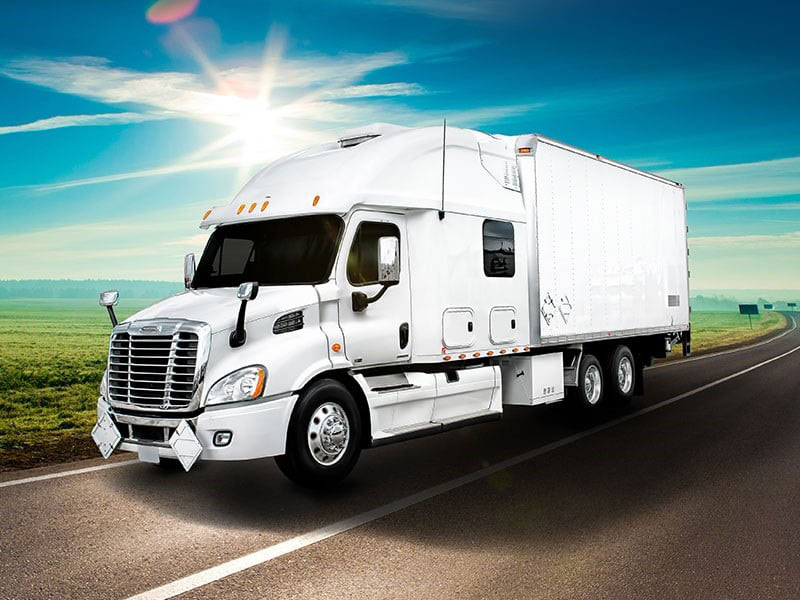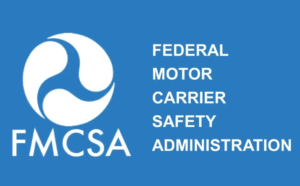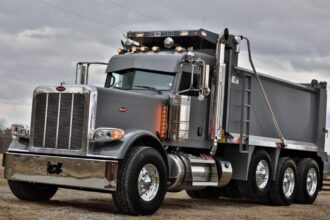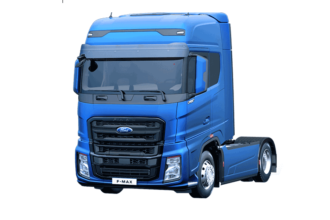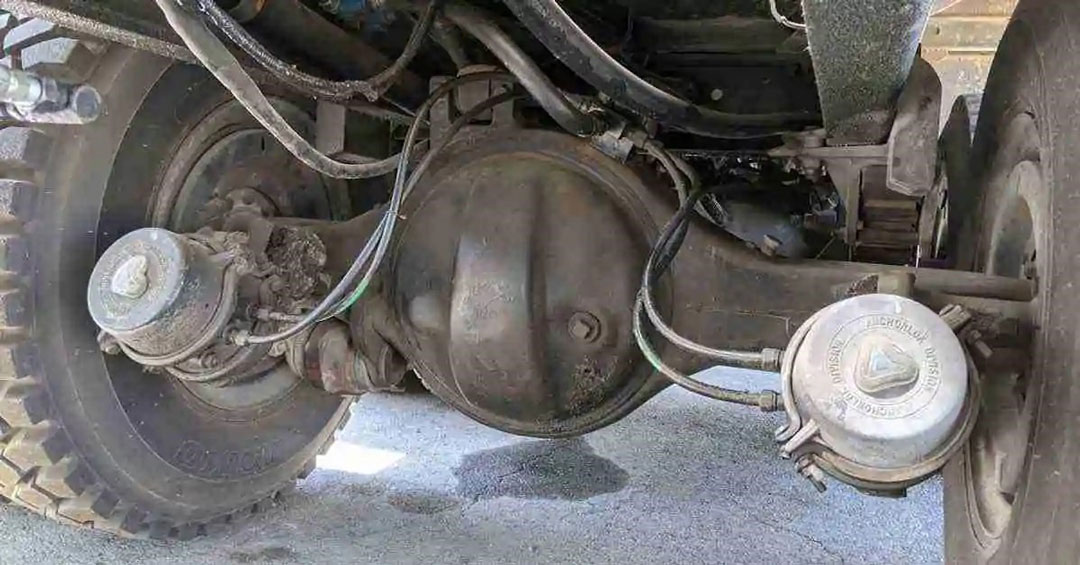Table of Contents
Introduction
It’s vital you understand the structure, operations, and legal obligations of Straight Truck LLC before you establish the business. A Straight Truck LLC is a limited liability company (LLC) that operates a straight truck.
A straight truck is a type of truck that has the cab and cargo area on the same chassis, making it different from tractor-trailers or semi-trucks. When you understand the nature of this business, you recognize that forming an LLC (Limited Liability Company) offers you protection for your personal assets while operating the business.
You need to register your Straight Truck LLC, obtain necessary permits, adhere to state regulations, and ensure compliance with transportation laws. Operating costs, including insurance and maintenance, are also key aspects you should consider. Being well-versed in the specifics of a Straight Truck LLC is essential for a successful and legally compliant operation.
Straight Truck LLC: Everything You Must Know:
- LLC Definition and Structure
- Truck Configuration Details
- Registration Requirements
- Necessary Permits
- Compliance with Regulations
- Operational Considerations
- Cost Analysis and Management
- Tax Obligations
Recap
>>>MORE: Straight Truck Business Checklist
1. LLC Definition and Structure
Understanding Straight Truck LLC involves grasping its structure as a Limited Liability Company (LLC). As you explore this, recognize that an LLC combines aspects of a corporation and a partnership, offering you liability protection while allowing flexible management.
In an LLC, you have the benefit of limited personal liability, shielding your personal assets from the company’s debts or legal issues. You retain control over day-to-day operations, decision-making, and profit distribution.
It’s crucial you note that forming an LLC typically requires filing articles of organization and creating an operating agreement, outlining how the company will be managed. This structure ensures clarity in roles, responsibilities, and operational protocols.
Moreover, an LLC shields you from personal responsibility for the company’s obligations, mitigating the risk you might face in a lawsuit or bankruptcy scenario. This separation ensures that your personal wealth remains separate from the business’s financial affairs, offering a crucial layer of security and protection as you navigate the operations of your Straight Truck LLC.
2. Truck Configuration Details
To comprehend the specifics of Straight Truck LLC, you need to recognize the unique truck configuration it operates. In this context, you’ll learn that a straight truck is a single-unit vehicle, unlike tractor-trailers that consist of separate units. These trucks have the cab and cargo area integrated into a single structure.
The cargo area usually has a box-like shape, which distinguishes it from other truck configurations. This setup allows for more straightforward maneuverability in urban areas, making deliveries more accessible in dense locations.
You should be aware that Straight trucks vary in size, often categorized by its Gross Vehicle Weight Rating (GVWR), which determines its capacity for cargo. Knowing these configuration details enables you to select the appropriate truck size and type for your business needs, considering factors like payload capacity, maneuverability, and efficiency in transportation operations.
3. Registration Requirements
It’s necessary you understand the registration requirements for a Straight Truck LLC as you establish your business. First, you need to choose a unique business name that complies with state regulations and isn’t already in use.
Then, filing articles of organization with the appropriate state authority is important. This document typically outlines key details about your LLC, such as its name, address, members, and purpose. Additionally, make sure you obtain an Employer Identification Number (EIN) from the IRS because it is crucial for tax purposes and hiring employees.
Depending on your location and the nature of your business, you might also need specific permits or licenses related to trucking operations. Complying with these registration requirements ensures that your Straight Truck LLC is legally recognized and authorized to conduct business in your jurisdiction.
4. Necessary Permits
Permits to run a Straight Truck LLC involve several crucial documents essential for lawful business operations. You’ll require a general business license, ensuring your compliance with local, state, and federal regulations.
This license validates your legal authority to conduct business within your area. Additionally, specific industries or locations might demand specialized permits or certifications, such as transportation permits or environmental permits if your operations impact the environment.
Depending on the services you offer, you might also need industry-specific permits, like a transportation broker license if you are arranging freight for others. Ensuring you have the necessary permits and licenses tailored to your Straight Truck LLC’s operations is fundamental.
It not only demonstrates your adherence to legal obligations but also prevents potential interruptions to your business due to non-compliance. Regularly review and update these permits so you can maintain a compliant and legally operational Straight Truck LLC.
5. Compliance with Regulations
Ensuring compliance with regulations for your Straight Truck LLC is paramount to running a lawful and successful operation. As you navigate this aspect, you’ll find that various regulations govern the trucking industry.
These regulations encompass areas like safety protocols, transportation laws, and environmental standards. For instance, you must adhere to the hours-of-service regulations to ensure drivers’ safety and avoid fatigue-related accidents.
Additionally, you must maintain proper vehicle maintenance and inspection records as it is crucial for compliance with safety standards. Make sure you understand and comply with weight restrictions, load securement rules, and driver licensing requirements because these are key components of regulatory compliance.
It’s imperative you stay updated with changes in regulations, ensuring that your Straight Truck LLC operates within legal boundaries. By prioritizing compliance, you safeguard your business from penalties, fines, or disruptions and maintain a reputation for reliability and adherence to industry standards.
6. Operational Considerations
As a Straight Truck LLC, there are various services you can offer to cater to different transportation needs. Firstly, you can focus on local or regional deliveries, providing efficient and timely transportation of goods within a specific area.
Another service avenue involves dedicated routes for specific clients, ensuring consistent and reliable delivery schedules tailored to your client’s needs. Additionally, you can offer specialized services like expedited or time-sensitive deliveries. This could be a niche market to explore, providing faster transport options for urgent shipments.
Moreover, you might consider services like white-glove delivery, emphasizing careful handling and extra care for delicate or high-value items. Diversifying into multiple service offerings allows you to cater to a broader range of clients, enhancing your market reach and potential for growth within the trucking industry.
>>>GET SMARTER: Straight Truck Business – How to Find Loads
7. Cost Analysis and Management
When it comes to cost analysis and management for your Straight Truck LLC, it’s crucial you understand your financial landscape. You must carefully assess various expenses involved in operating your business, including fuel, maintenance, insurance, and permits.
By keeping a close eye on these costs, you can better manage your budget and allocate resources effectively. Additionally, monitoring operational expenses like driver wages or leasing fees for the truck itself is essential to ensure profitability.
Make sure you utilize accounting software or hire a financial professional that can aid in tracking and managing these expenses efficiently. Evaluate your revenue streams against these costs so you can identify areas for potential savings or optimization.
Regularly reviewing and adjusting your budget and cost management strategies enables you to navigate market fluctuations and maintain a financially stable Straight Truck LLC.
8. Tax Obligations
Being aware of the tax obligations for your Straight Truck LLC is crucial to maintain compliance and manage your finances efficiently. You’ll find that as a business owner, you’re responsible for various taxes, including income taxes, employment taxes, and potentially sales taxes.
Income taxes are levied on the profits your business earns, and you need to report these on your business tax return. Employment taxes involve withholding and paying Social Security, Medicare, and federal income taxes on behalf of your employees.
Depending on your location and the nature of your business, you might also have to collect and remit sales taxes on goods or services sold. It’s essential you stay informed about tax deadlines, deductions, and credits applicable to your Straight Truck LLC.
Recap
To establish a Straight Truck LLC, you must grasp its structure, compliance requirements, and operational scope. You’ll handle legal protections, registration, permits, and tax obligations. Managing costs and considering diverse services you can offer are vital for a successful and compliant trucking business.


